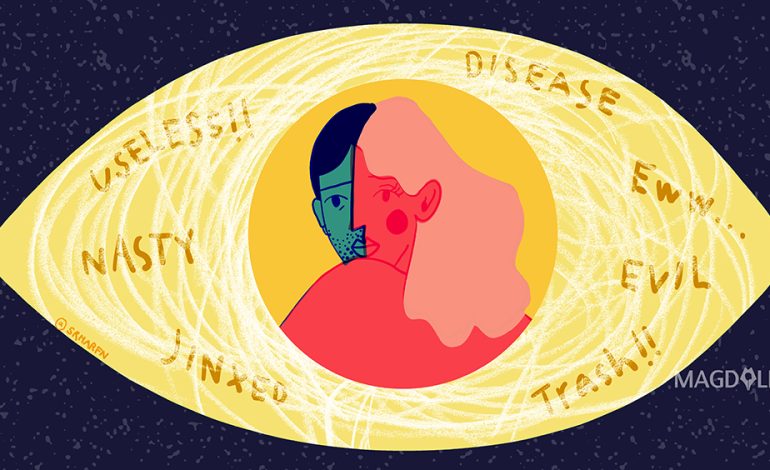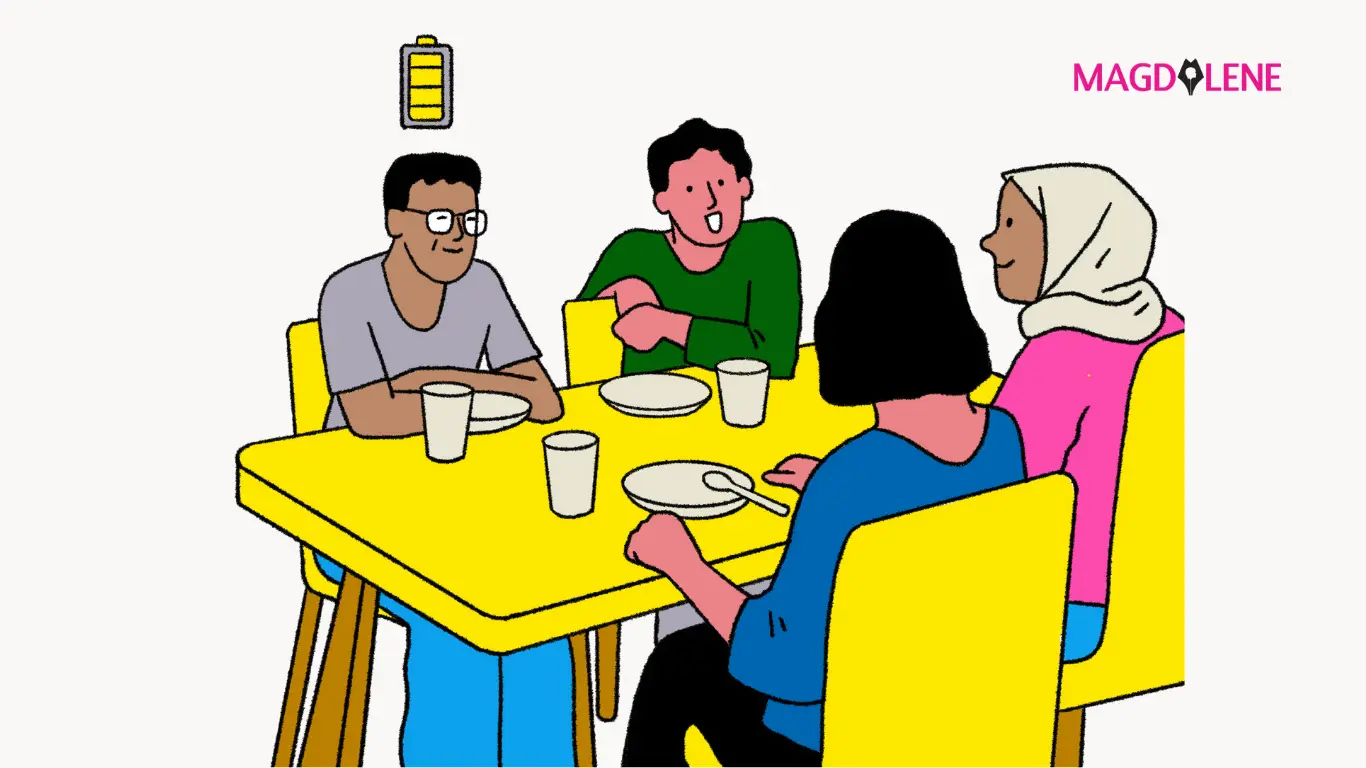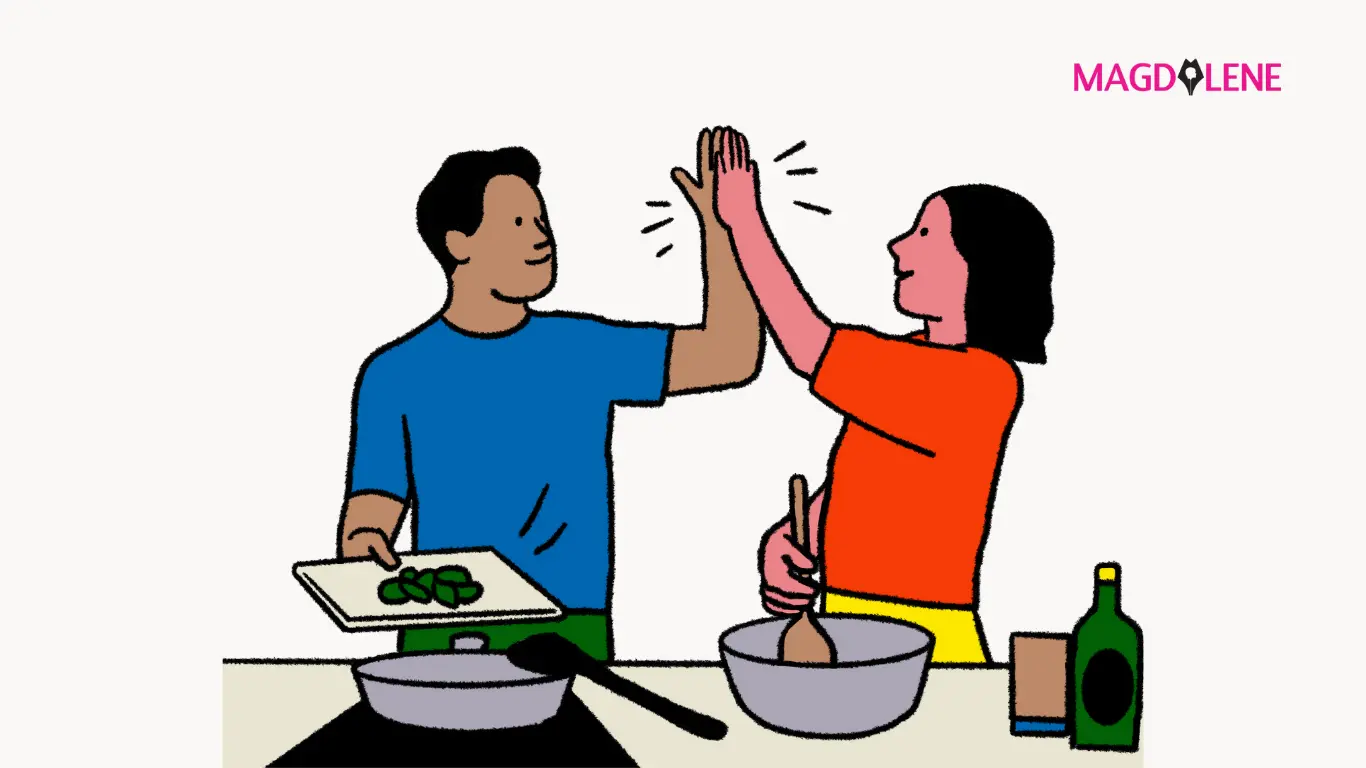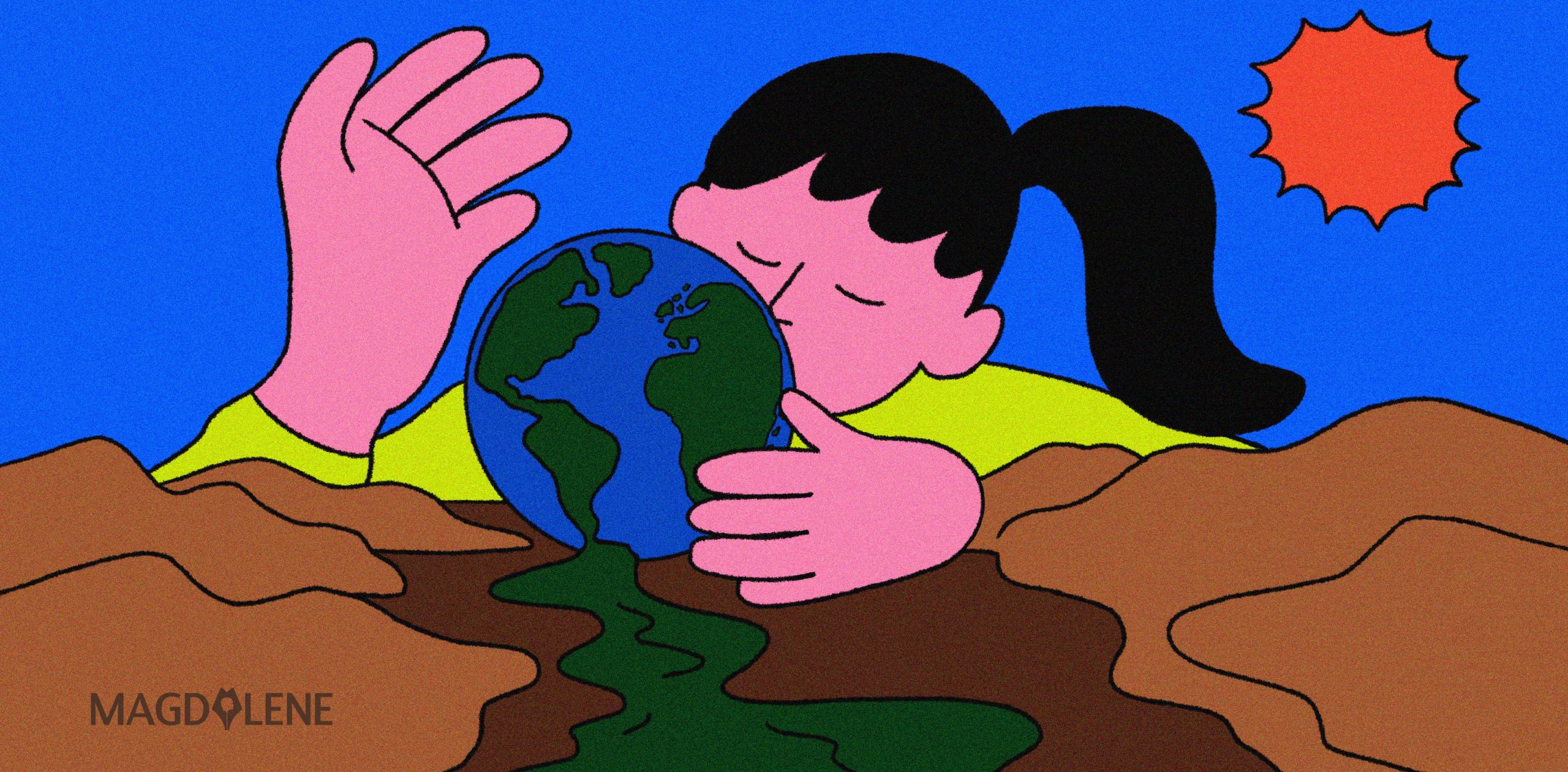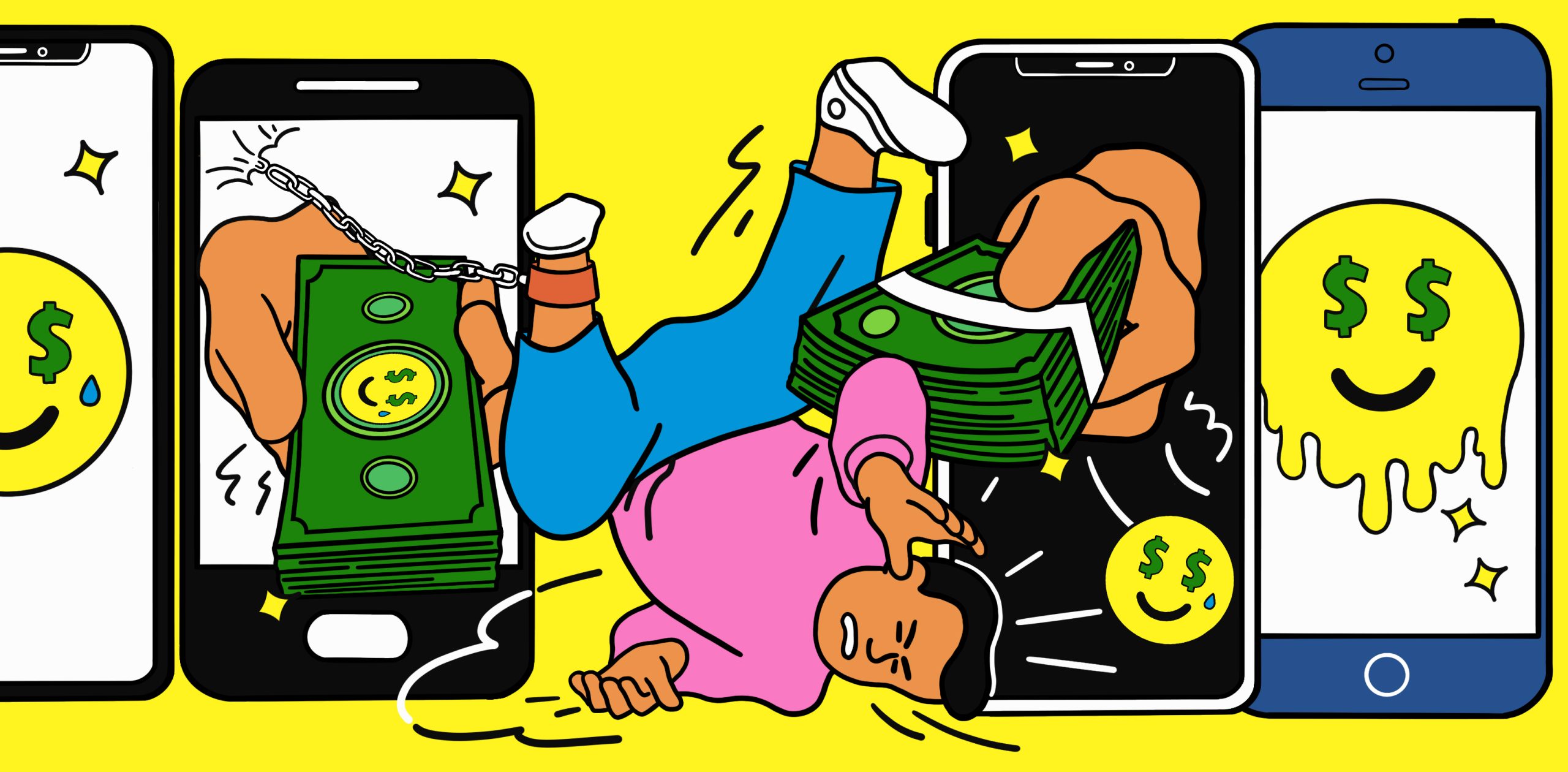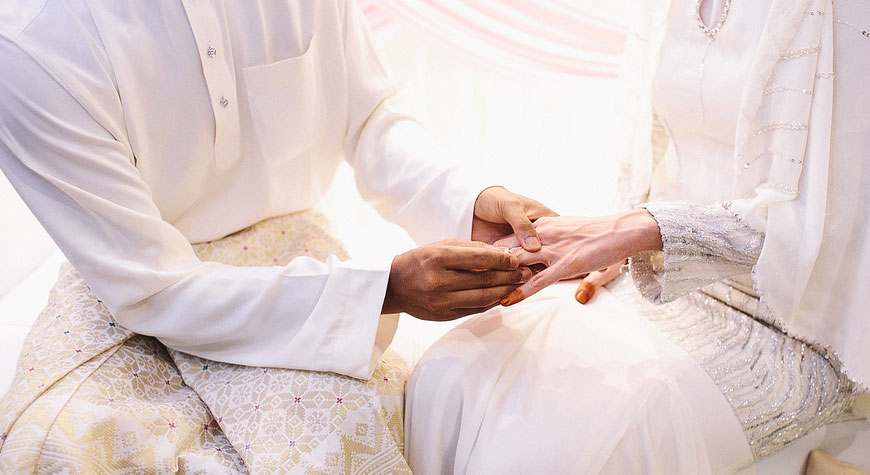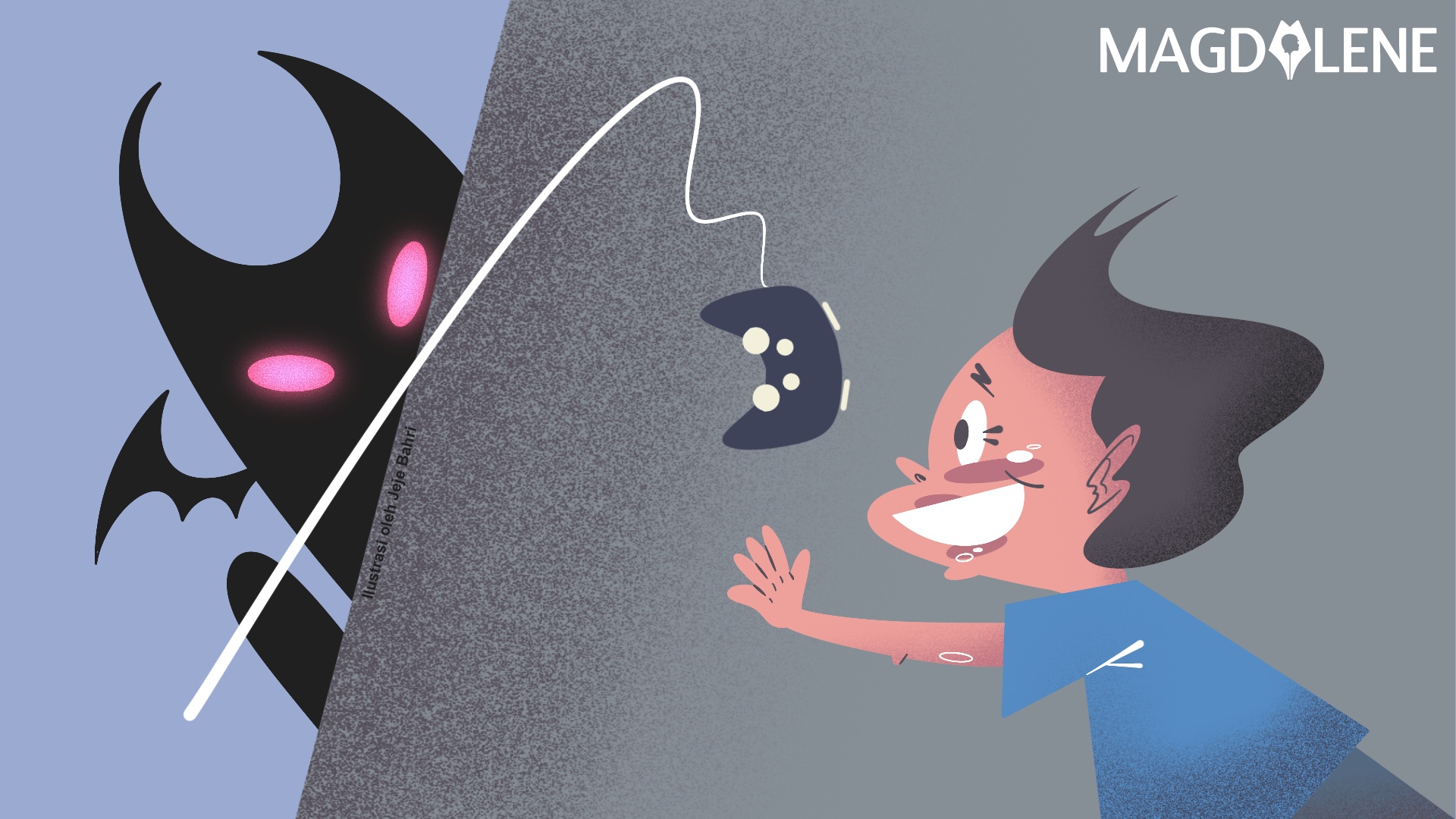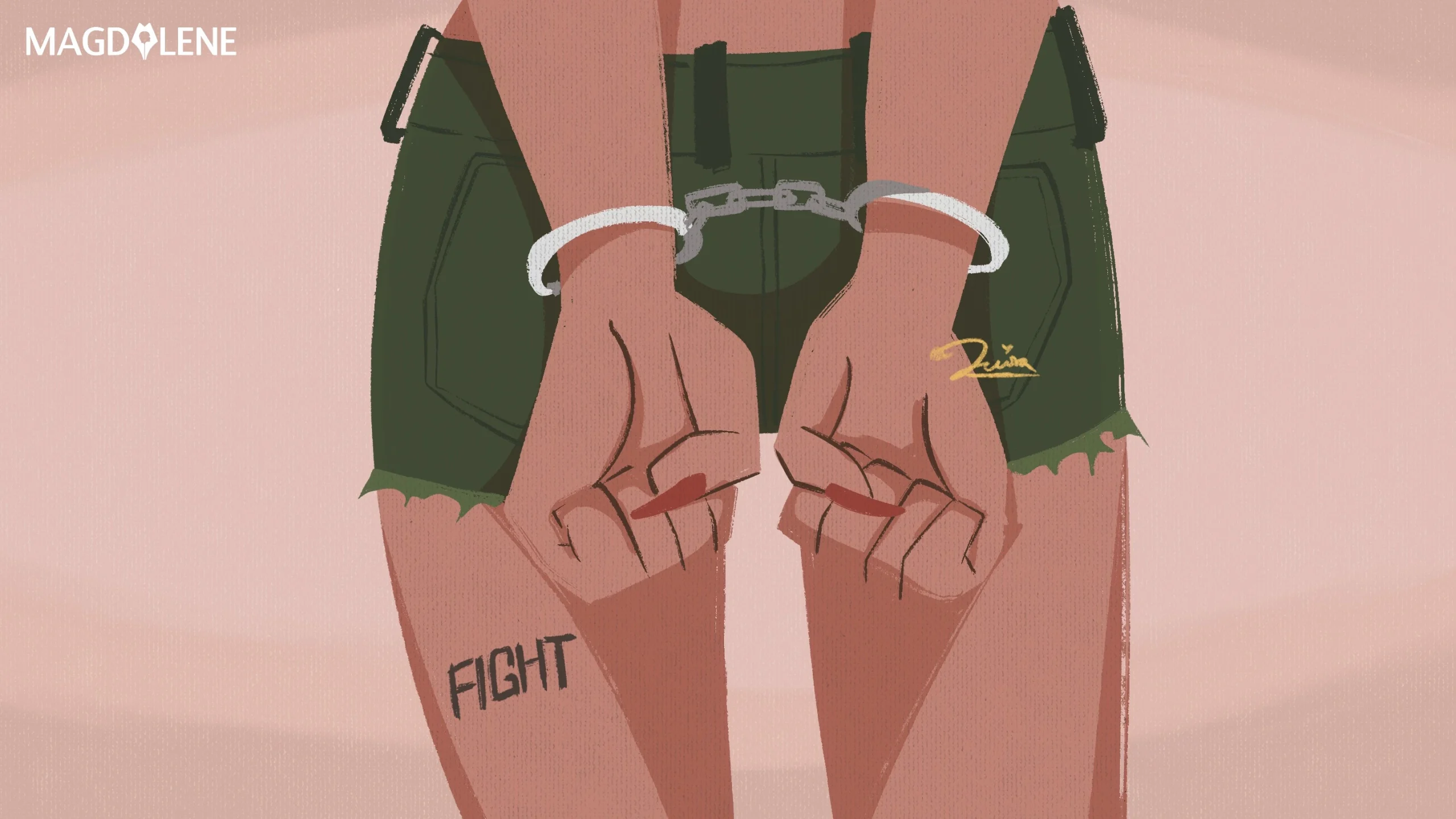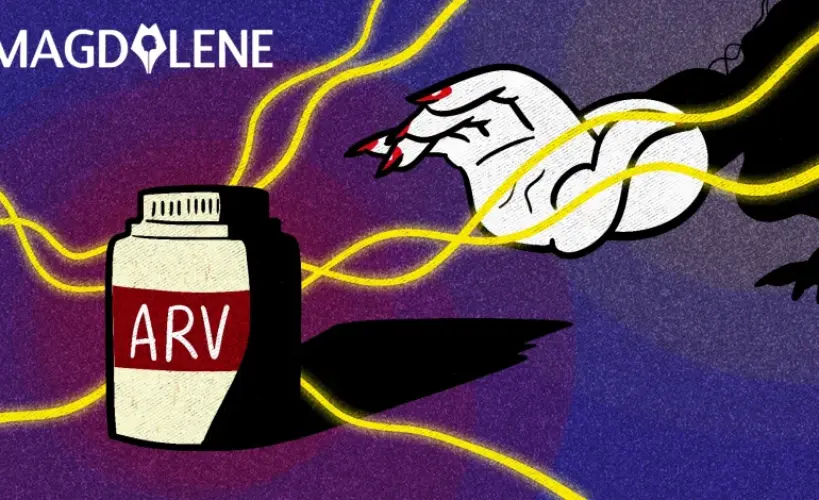How I Stopped Using Skincare as a Coping Mechanism
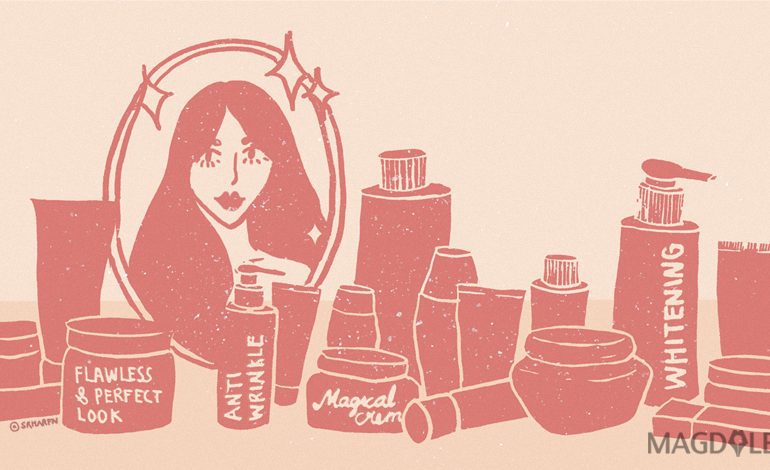
Most of us have that one particular activity or hobby that we do on a daily basis to take the edge off the stress of living, from reading, going for a jog, to other less common recreational activities. Doing these activities makes us feel happy, even if momentarily, and often takes us out of the any negative or unpleasant state of mind.
For me, the particularly activity is skincare. Performing a skincare routine gives me a calming and therapeutic feeling, like I’m doing something that is important to my wellbeing. It’s not just for the feeling, my interest in skincare is also partly due to my recurring acne and other skin problems.
The problem is my attachment to skincare goes much deeper than mere beauty maintenance. It used to never occurr to me that my fixation with skincare is linked to my attempt to fix my self-esteem issue. Whenever I don’t feel confident about myself, I run to skincare. The act of running away from the inconvenience of dealing with self-esteem issues gives me a sense of comfort, though a temporary one. This is how skin care becomes my coping mechanism.
Coping mechanism, in my own words, means a set of repetitive behaviors performed as a form of escapism to provide relief from a situation that our mind has labeled too difficult to deal with. There are many kinds of coping mechanism, some more positive and productive than others. Performing skincare allows me to momentarily occupy myself with activities, so that I don’t have to confront the root of my problem, which is low self-esteem.
From years of observation, I’ve learned that skincare could do for me what my genetics cannot, which is giving me a clear skin. There is no denying that people who are attractive get a better chance at life. I assume that if my skin complexion finally turns into a fine one, I could have what those people have. It’s the privilege bestowed upon good looking people that I’m after.
It’s easy to dismiss my skincare hobby as merely harmless, albeit costly, activities. The need is not inherited but rather taught. But we need to understand where women’s need to have a skincare routine comes from, so we know the difference between performing skincare to fulfill the expected part of being a woma and using it to avoid confronting certain mental issues.
When I’m having a low mood (usually caused by comparing myself to others), I keep my mind busily entertained with skincare stuff lest I start getting anxious. My day is constantly filled with thoughts of skincare, thinking about which sheet mask I’m going to put on after work, which scrub I will use. I would spend hours scrolling through endless lists of cosmetics on shopping apps. Eventually I came to realize that what seemed just a way to occupy my time has turned into an unhealthy obsession.
Coping mechanism is like a bad addiction. What at first started as a hobby or recreational activity may end up controlling your life. One’s dependence upon it rarely is on a normal functional level, most of the time they become a slave to it. So I decided to stop all activities that could further my fixation with skincare.
This doesn’t mean I’ve stopped taking care myself. I just stopped spending so much time on online shops, browsing skincare articles, and letting my mind being preoccupied by skincare. I kept a journal of my thoughts and feelings to learn the root issues that I have to confront.
I have been doing it for sometimes and it works only if it’s done persistently. For me it is important that I limit my use of skincare. The more dependent I am on using skincare as a coping mechanism, the less productive I become. Of course, it doesn’t mean I’ve completely rid the urge to lavishly spend on skincare. Sometimes I succumb to it again, but when I do, I pull myself together again and prepare myself to fight for another day.
Like any other coping mechanism, the danger lies not in the activity itself but the fact that we use it to escape from a problem, when we should be addressing the problem. If you want to stop, remember, do it because you want to move on from your problem. Don’t get discouraged when the baby steps to lead you nowhere. When you’re aware, you are on the right track.
Illustration by Sarah Arifin

